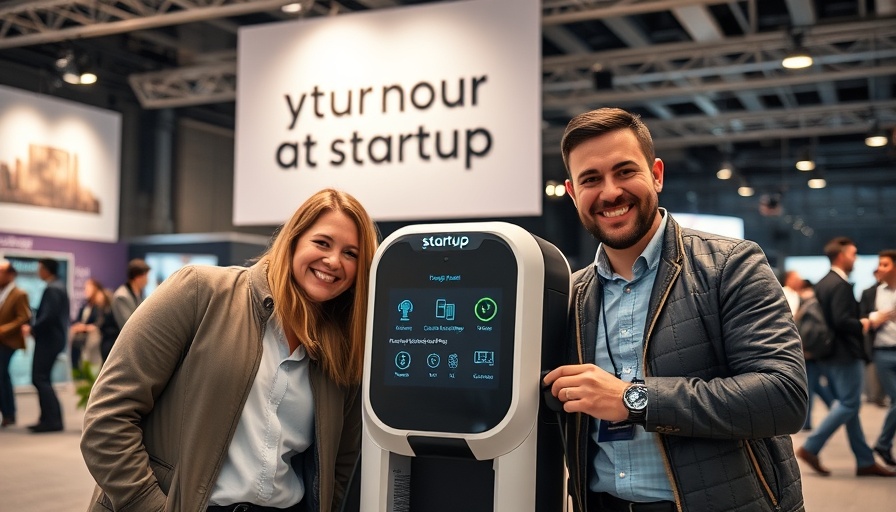
Reviving the Micromobility Scene: New Startups Emerge in Europe
In recent years, the micromobility landscape in Europe has undergone a significant transformation. Once characterized by hasty expansions and chaotic growth phases, the sector is now shifting its focus towards sustainability and efficiency. This change is largely driven by a tightening of venture capital, which once flooded the industry, and a collective realization among entrepreneurs that lasting success demands robust, sustainable business models.
A New Wave of Innovation: Key Players in European Micromobility
This evolution was evident during the Micromobility Europe conference in Brussels, a central hub for networking and showcasing innovative solutions. Here, startups like Convoy and Azora Charge are stepping into niches left by larger players. They focus on practical solutions tailored to enhance the micromobility experience for diverse user groups.
Spotlight on Convoy: A Game-Changer for Parents
Convoy is one such startup, founded in 2023 and driven by a mission to simplify life for parents with small children. Their innovative clip-on cargo conversion kit can transform standard bikes and e-bikes into efficient means of transporting kids, overcoming the bulk and expense challenges of traditional e-cargo bikes. Their attachment is lightweight, easy to store, and integrates seamlessly with existing bike setups, offering a glimpse into how micromobility can cater to family dynamics.
Azora Charge: Powering the Future of E-Bikes
Azora Charge, spearheaded by siblings Caroline and Johannes Goeckel, is another standout company focused on developing solar-powered charging and parking stations for e-bikes. Their commitment aligns with a growing demand for greener solutions in urban transportation, emphasizing the potential of renewable energy sources to support micromobility.
Future Predictions: The Path Ahead for Micromobility
The ensuing trend towards sustainability is propelling entrepreneurial efforts across Europe, leading to a rise in startups that prioritize environmentally friendly practices. In an era where climate action and urban mobility are at the forefront, these innovations are not only exciting but critical to the future of transport. Observers can anticipate increased investments in technology that prioritizes renewable energy and efficient urban design.
Challenges and Opportunities: Navigating the Startup Ecosystem
While the micromobility industry buzzes with fresh ideas, startups still face significant challenges. Securing business startup funding remains a hurdle, especially as investors become more discerning about where to place their bets. However, initiatives like business startup grants and the various startup incubators provide essential resources for fledgling companies. Entrepreneurs must strategically navigate these avenues to raise the necessary capital and resources for growth.
Conclusion: Embracing Change in the Micromobility Space
The vibrant micromobility sector in Europe illustrates a dynamic shift towards a more thoughtful, sustainable approach to transport. For startup enthusiasts, now is a pivotal moment to engage in this landscape. By understanding emerging trends, seeking out innovative solutions, and leveraging available resources — including business startup courses and mentorship — aspiring entrepreneurs can contribute to a greener future while building sustainable business models.
 Add Row
Add Row  Add
Add 



Write A Comment